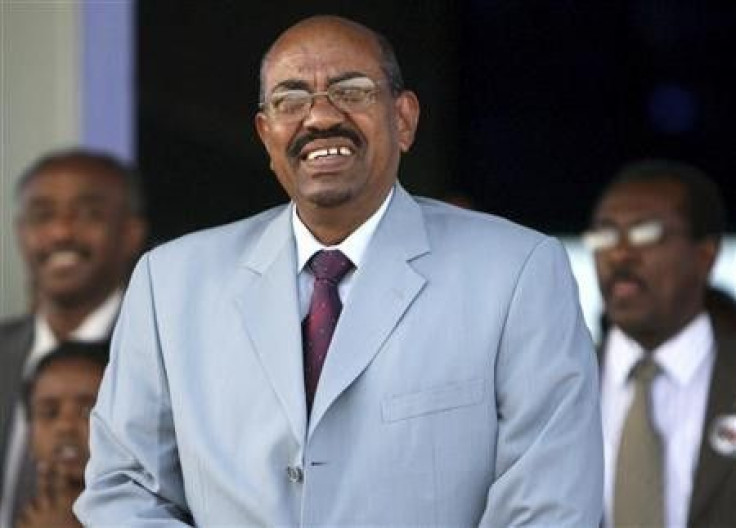Malawi Rejects Calls to Arrest Sudanese War Crimes Suspect Bashir

Malawi has refused calls from western powers to arrest the president of Sudan, Omar al-Bashir, for war crimes related to atrocities committed in the Darfur region.
Bashir has been under an arrest warrant by the International Criminal Court (ICC) in March 2009.
The European Union (EU) and other human rights groups have urged that Malawi, a signatory to the ICC, to place Bashir under custody.
Genocide, crimes against humanity and war crimes must not go unpunished and their prosecution must be ensured by measures at both domestic and international level, a spokesman for EU foreign policy chief Catherine Ashton said.
Elise Keppler, international justice senior counsel at Human Rights Watch (HRW), said in a statement: “Al-Bashir is an international fugitive wanted on charges of genocide and other heinous crimes committed in Darfur. As an International Criminal Court member, Malawi should arrest him, not host him.
However, Bashir has been welcomed in the Malawi capital of Lilongwe by government officials in order to attend a trade summit. of the Common Market for Eastern and Southern Africa (COMESA), a regional trade bloc.
A Malawi government official told BBC: He's [Bashir] coming for business and we don't have any business to do with the arrest of President Omar. We are very honored to have these heads of state.
BBC reported that Malawi’s president Bingu wa Mutharika is a vociferous critic of the ICC, like many other African chiefs.
African heads of state believe that ICC is controlled by the west, and that Africa should establish its own system to investigate misconduct by its leaders.
Indeed, the African union has urged to United Nations and other western entities to suspend the warrant against Bashir.
Bashir believes to have waged a campaign of genocide in Darfur, which led to the deaths of about 300,000 people (by UN estimates) and the displacement of almost 3 million.
The Sudanese government claims these numbers are exaggerated and that only 12,000 people died in the conflict.
© Copyright IBTimes 2024. All rights reserved.











